People Who Lose Interest In Being Fake Nice As They Get Older Usually Have These 10 Reasons
Growing older often means growing into your truth, and part of that truth is knowing that real connection matters a lot more than being fake.
 Gladskikh Tatiana / Shutterstock
Gladskikh Tatiana / Shutterstock For many people, getting older comes with a new-found sense of freedom. As they release old patterns and embrace who they were always meant to be, they stop living for others and commit to the life they want to lead. It’s not that they suddenly become rude—they just start valuing honesty and real connection over surface-level politeness. After a while, saying what you really mean starts to feel better than just smiling and nodding through things you don’t agree with.
People who lose interest in being fake nice as they get older have plenty of good reasons for doing so. Research indicates that as people grow older, they tend to prioritize meaningful relationships and experiences, shedding the need for approval from others. Most people who reach this point simply don’t have the time or energy for fake conversations or forced friendliness anymore.
People who lose interest in being fake nice as they get older usually have these 10 reasons
1. They won’t waste time on people they don’t care about
 Anna Tarazevich from Pexels via Canva
Anna Tarazevich from Pexels via Canva
The older people get, the more self-aware they become. They lose interest in being fake nice and stop wasting time on people they don’t actually care about. As life goes on, most people get choosier about their relationships. They realize time is limited, so they focus on the people who truly matter. That means less tolerance for surface-level friendships or forced social situations.
Studies support the idea that people naturally start trimming their social circles and focusing on close, meaningful connections over time. When you’re only spending time with people you actually care about, there’s no need to put on a polite act. You can just be yourself. And that’s way more relaxing.
2. They realize being authentic matters more than being nice
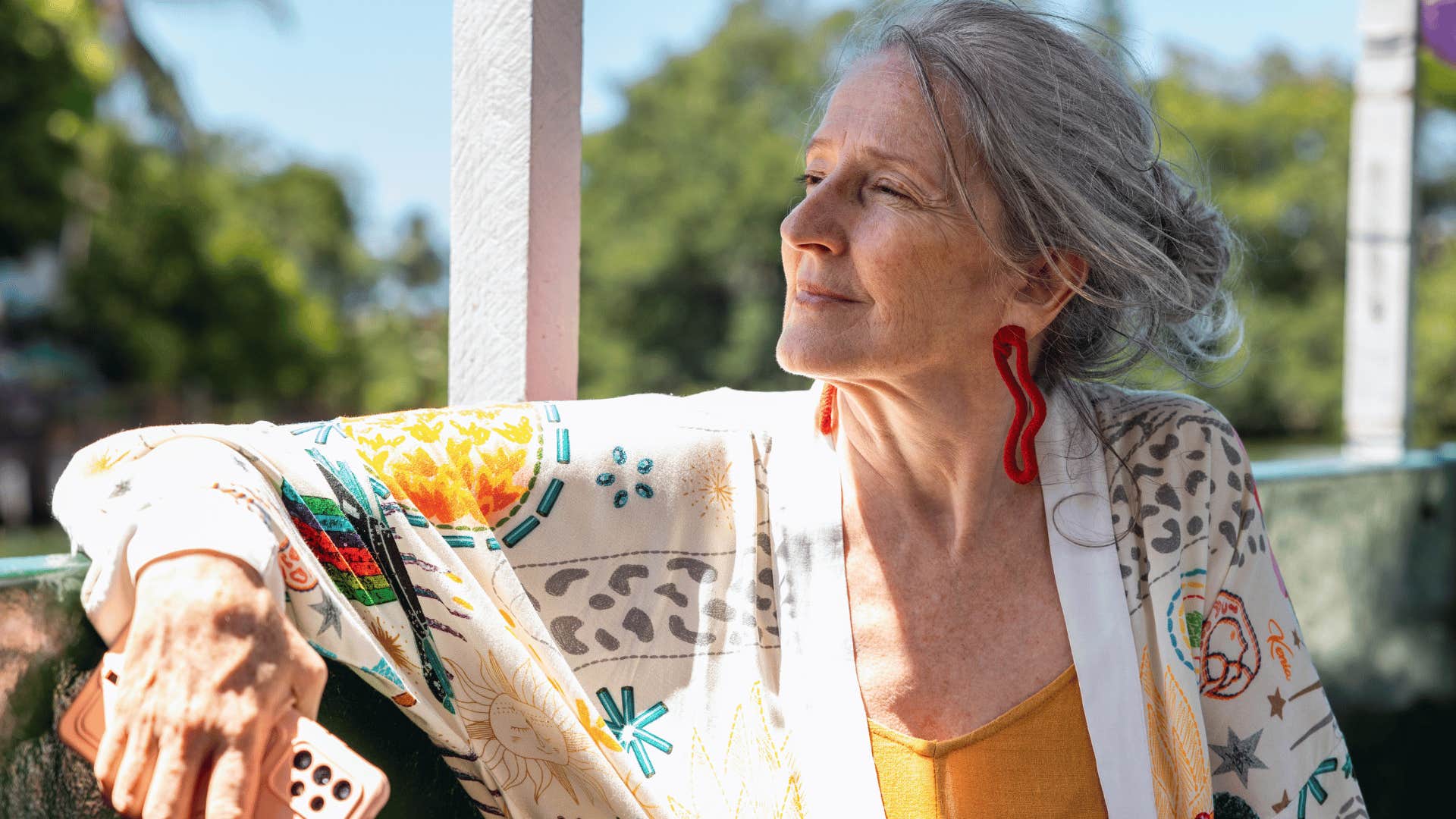 Joana Baumg from Studio Brazil via Canva
Joana Baumg from Studio Brazil via Canva
The older people get, the less willing they are to tolerate fake behavior. That goes for their own actions, too. They’d rather be upfront than pretend to be something they're not or feel something they don't. It’s not about being blunt or cold. It’s about valuing honesty and not wanting to waste time on anything that doesn’t feel genuine.
Research has found that people become more focused on authenticity as they age. So if a relationship feels one-sided or insincere, they’re more likely to let it go. They’ve learned that honesty, even when it’s uncomfortable, is better than faking it.
3. They accept that not everyone will like them
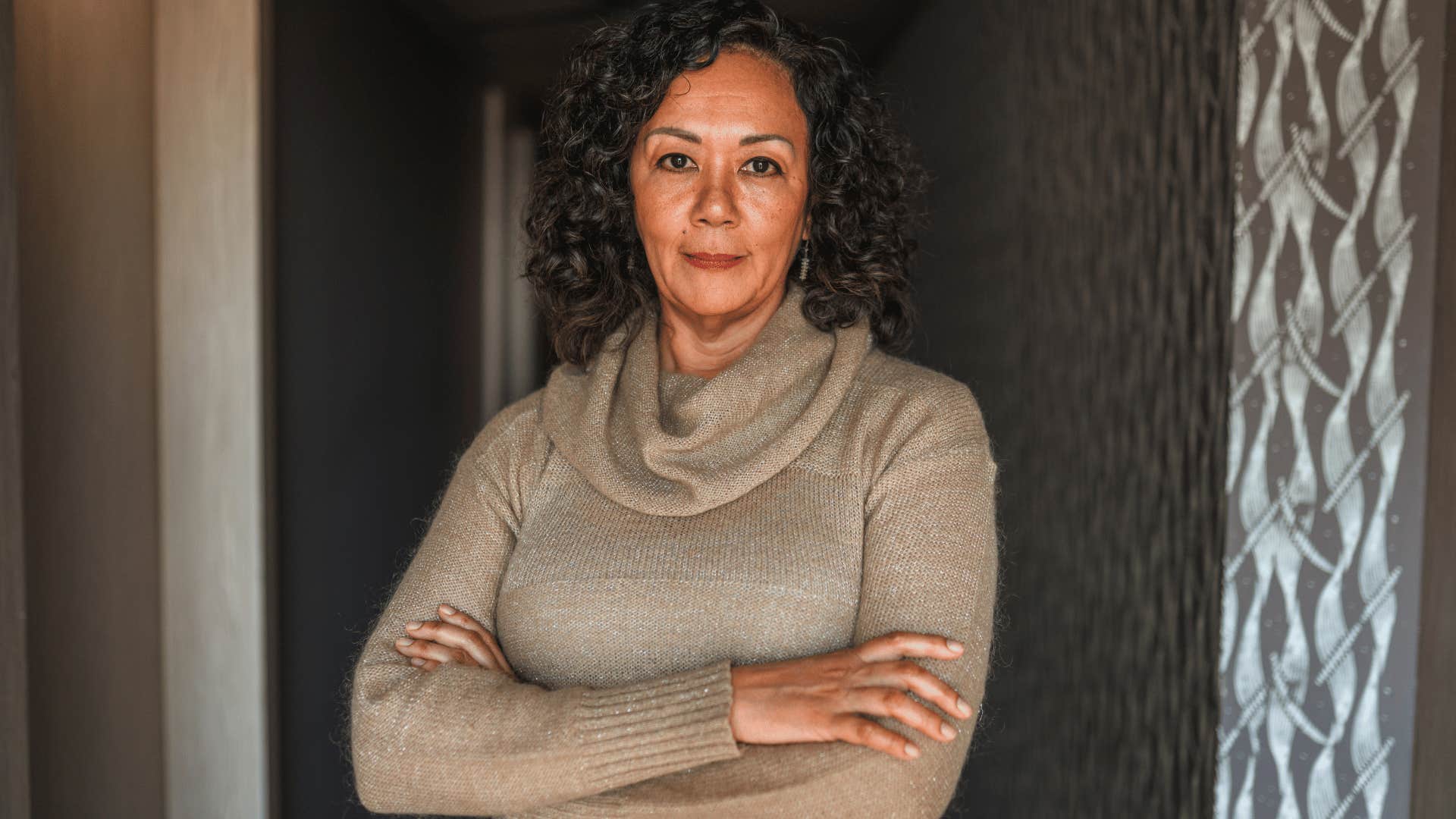 AzmanL from Getty Images via Canva
AzmanL from Getty Images via Canva
As people age, they usually care less about being liked by everyone. What matters more is being honest and true to themselves. Research shows that people tend to focus more on meaningful relationships as they get older, rather than trying to please everyone.
It’s easier to be yourself when you’re not constantly worried about what others think. That doesn’t mean people stop being kind, it just means they don’t fake it. If something feels off or dishonest, they’re more likely to speak up or walk away. Being real just feels better.
4. They don't need outside approval like they used to
 Peter Cade from Getty Images via Canva
Peter Cade from Getty Images via Canva
A big reason people stop being fake nice is because they’re no longer chasing approval. They’ve made peace with who they are, and that inner confidence makes a big difference.
“When we urgently aim to please other people, we’re seeking approval of self from outside sources,” therapist Ilene Strauss Cohen explained. “When we seek others’ approval, we miss opportunities to learn how to approve of ourselves — even if others don’t.”
Research has found that as people age, their self-image becomes more stable. They stop relying on praise or likes to feel okay about themselves. When you’re not looking for a pat on the back, you don’t feel the need to act a certain way to get it. That frees people up to be more honest and less performative.
5. They realize they need to put their own needs first
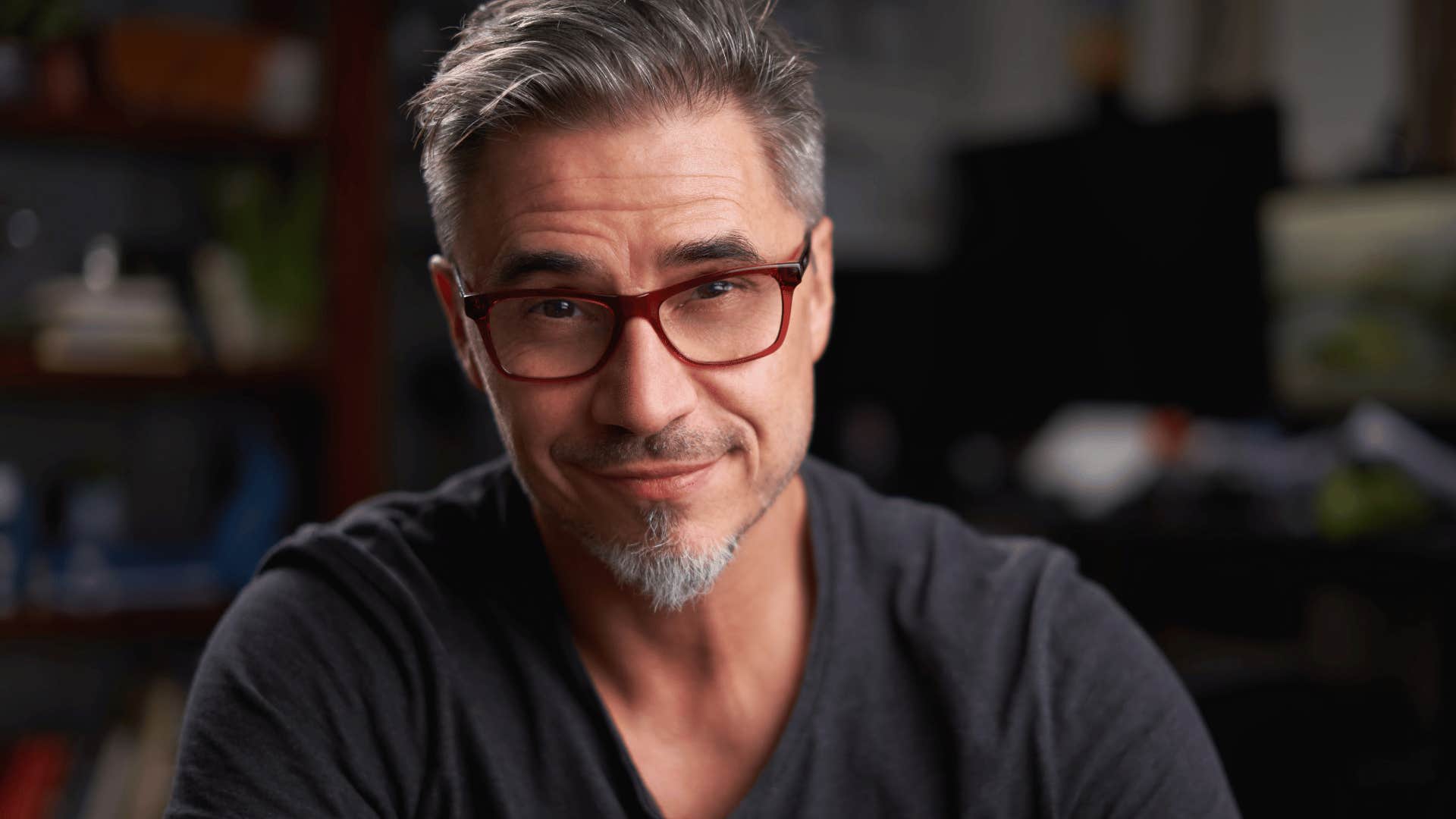 StockLite via Canva
StockLite via Canva
People who lose interest in being fake nice as they get older have built up a large store of memories of all of the times they were there for people who weren't there for them. They have learned first hand just how bad things can get when you repeatedly allow others to over-step your boundaries, and as a result, they've decided their own needs really have to come first.
As psychologist Jeffrey Bernstein pointed out, when you set boundaries, “you’re still expressing care, but with limits. That’s genuine kindness, not self-erasure.”
“Genuine kindness doesn’t come from pleasing everyone,” he explained. “It comes from being honest, transparent, and compassionate with yourself first. Because when you’re always accommodating others, you’re abandoning someone else in the process: you.”
6. They know time is valuable
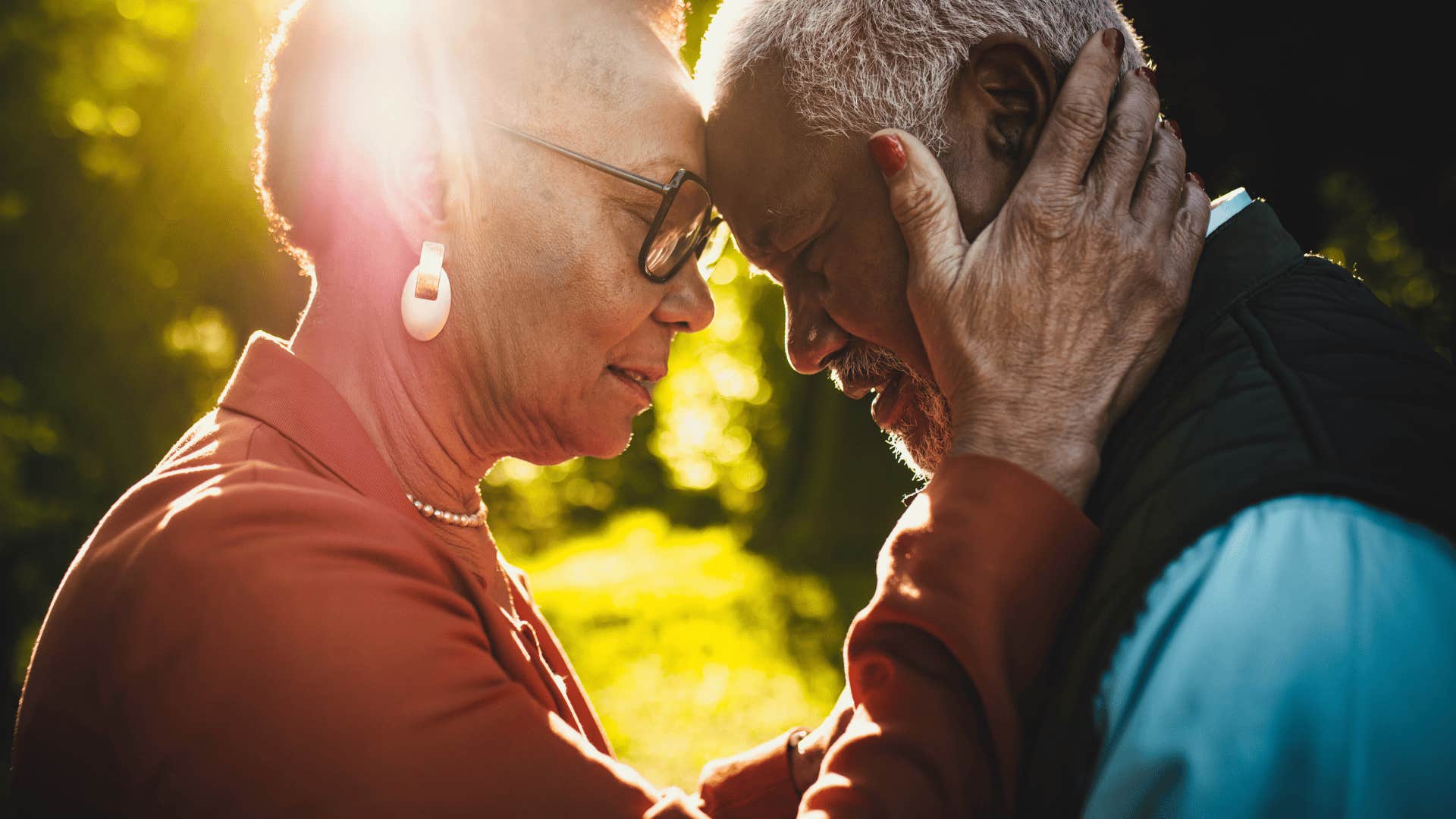 nairi from diversifylens via Canva
nairi from diversifylens via Canva
The older you get, the more aware you are that time isn’t endless. That awareness makes people more protective of their time and energy. Spending it on fake interactions or forced niceness just doesn’t seem worth it.
Research on aging shows that people begin to prioritize emotional quality in their day-to-day experiences. They want their time to count, not just pass. They say no more often and they don’t feel bad about skipping things that feel empty. Every moment starts to matter more.
7. They’re more selective about how they spend their emotional energy
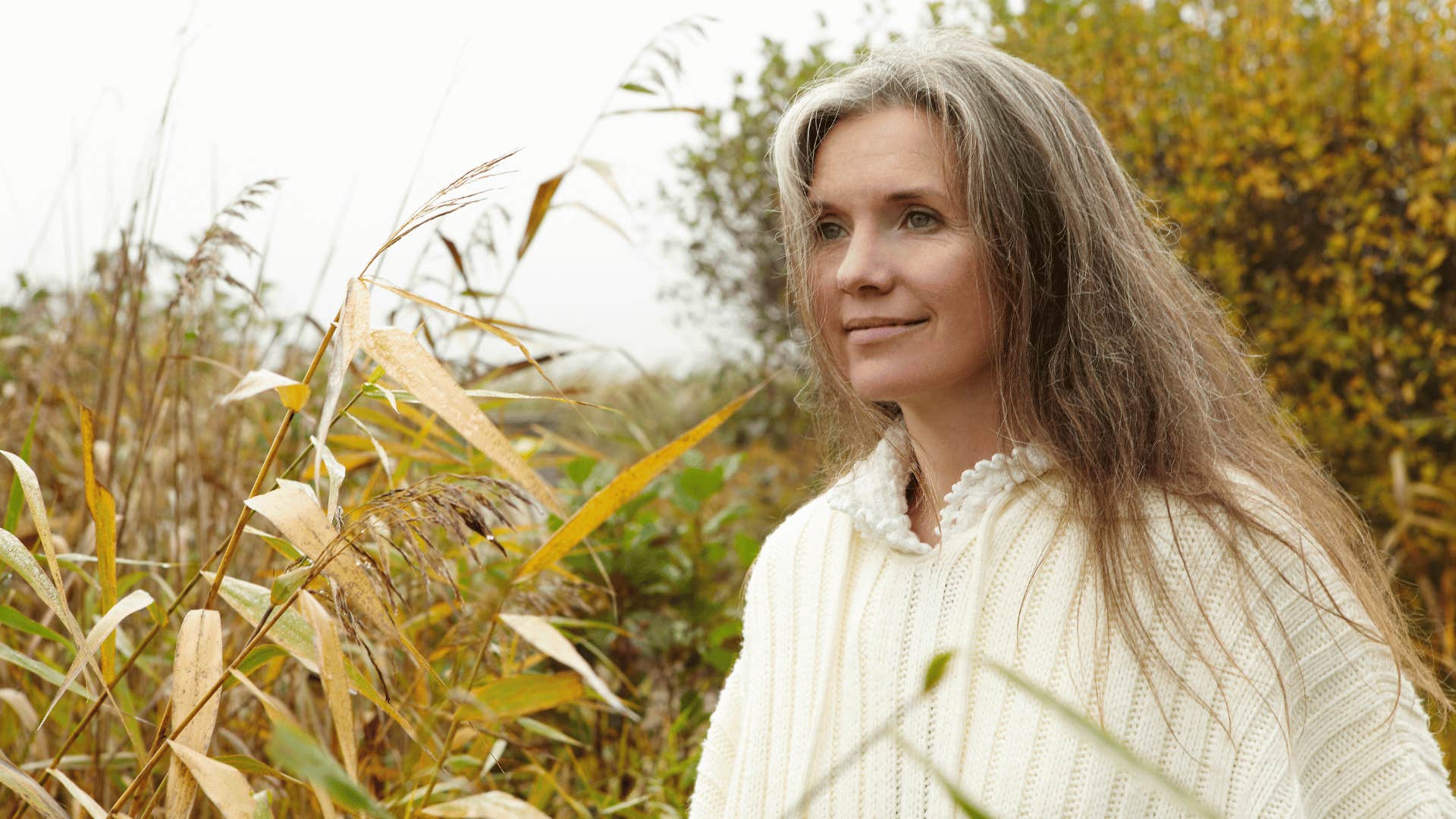 Sidsel Clement from Getty Images via Canva
Sidsel Clement from Getty Images via Canva
People who lose interest in being fake nice as they get older are more selective about how they expend their emotional energy. They don’t need to impress anyone, and they certainly don't need to exhaust themselves trying. Getting older often means getting better at handling your own emotions. People aren’t as easily rattled by uncomfortable conversations or awkward moments, so they don’t feel the need to smooth everything over with fake smiles.
In fact, studies show that emotional control generally improves with age. That calm confidence helps people stay true to themselves, even in tricky situations. When you’re not ruled by anxiety or the urge to keep everyone happy, it’s easier to just say what you mean.
Priorities also change over time. As people get older, they start focusing more on what really matters, such as health, family, close friends, meaningful experiences. All that small talk and fake friendliness starts to feel like a waste of energy. That kind of mindset makes it easy to let go of anything that feels fake. Time becomes more precious, and people just want to spend it being real.
8. They’re more confident in themselves
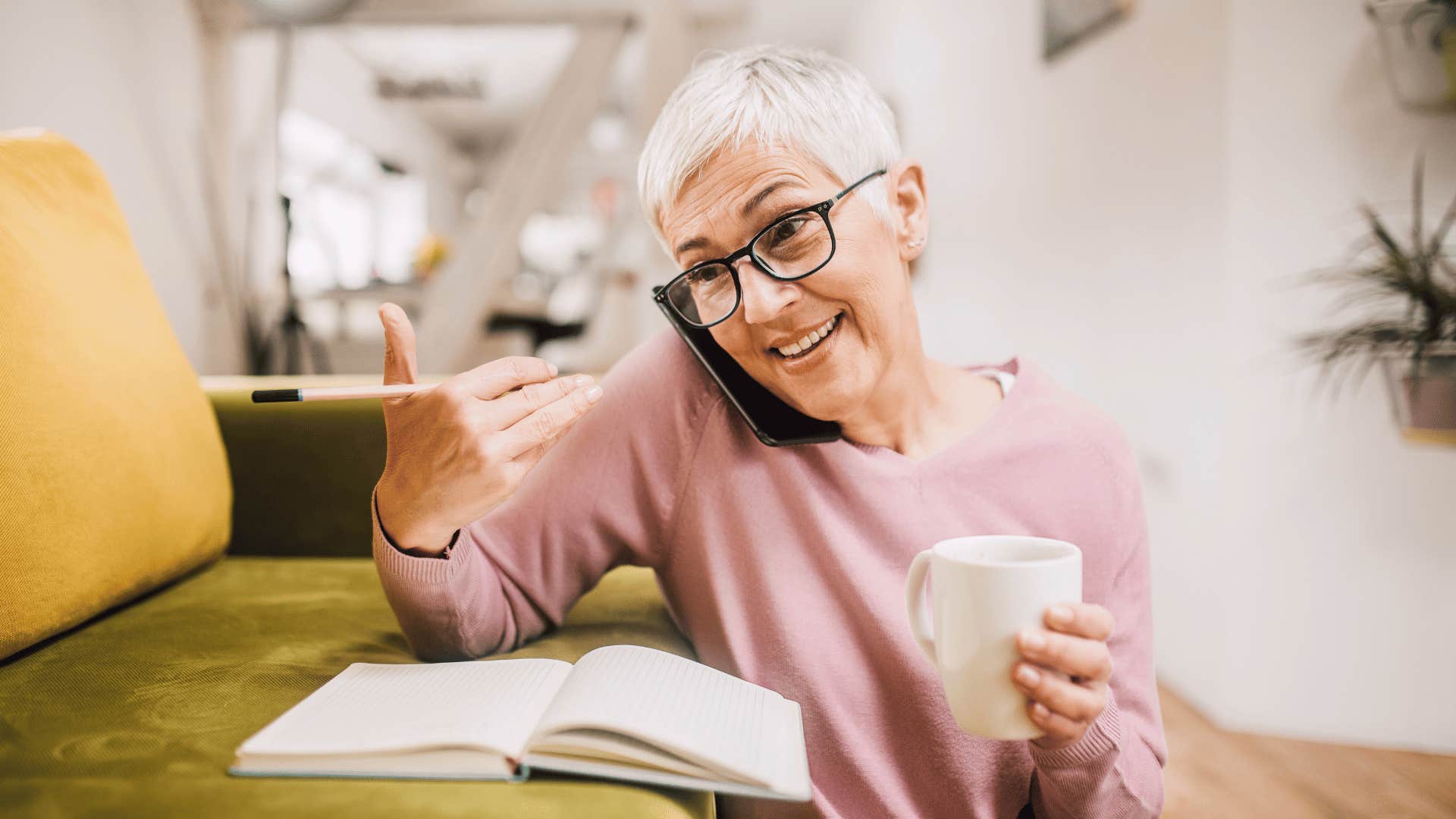 RgStudio from Getty Images Signature via Canva
RgStudio from Getty Images Signature via Canva
People who lose interest in being fake nice as they get older have become more and more sure of themselves with time. Their sense of self-worth is fully developed and they like themselves for who they are, so other people’s opinions matter less than they once did.
Confidence tends to grow with age. Life experience helps people trust their own judgment and feel less worried about fitting in. That kind of confidence makes it easier to be honest and drop the fake pleasantries.
Research shows that older people tend to be more self-assured and decisive. When you feel secure in who you are, you don’t need to play a role just to keep things smooth. You say what you mean, and you trust that the right people will respect that. It’s about being solid in yourself.
9. They’re okay with imperfection
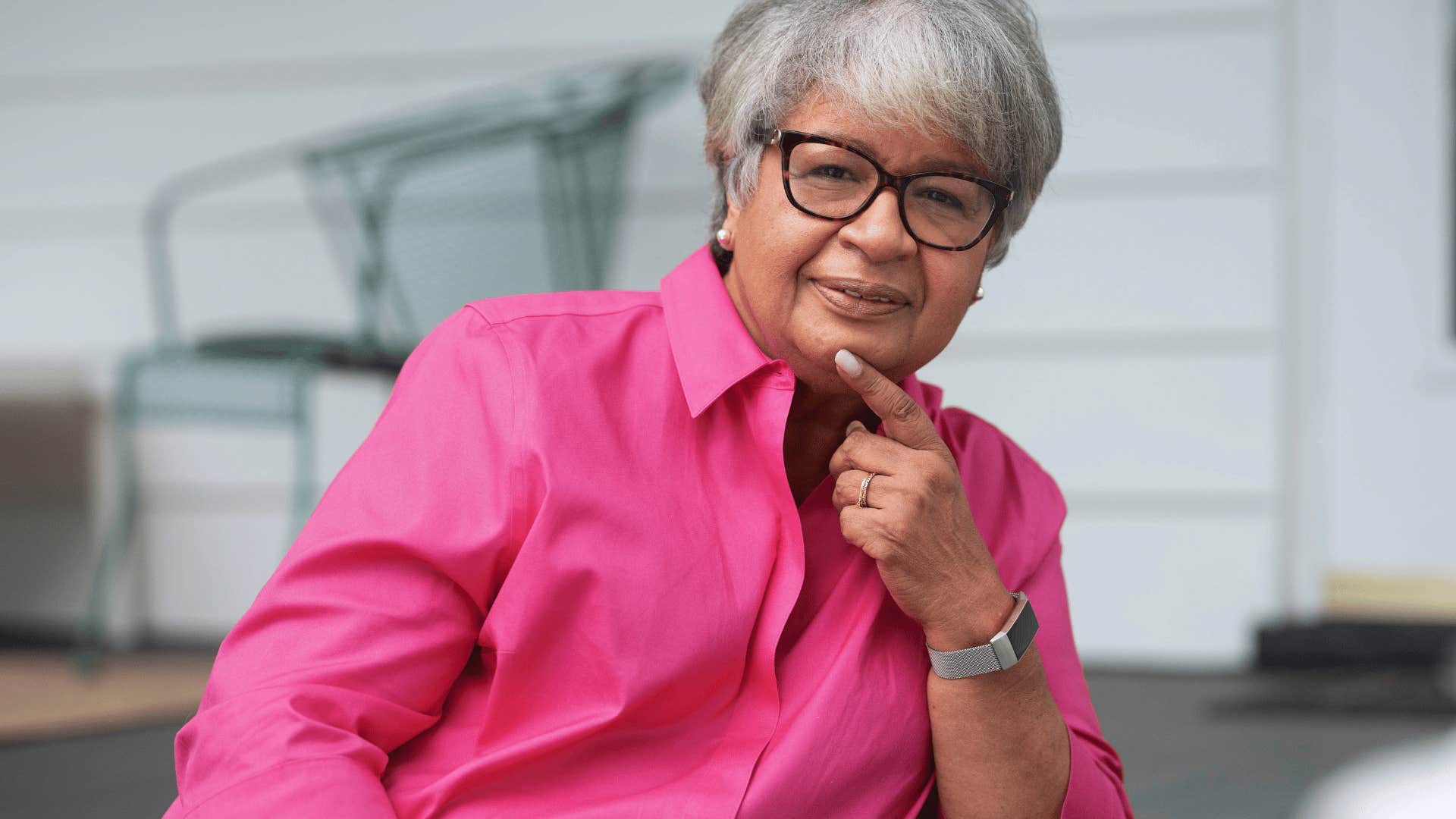 pocstock via Canva
pocstock via Canva
Getting older often means making peace with your flaws, and with other people’s, too. There’s less pressure to look perfect, act perfect, or pretend everything’s fine. That kind of self-acceptance makes it easier to be honest and let others see the real you.
With age comes more emotional stability and kindness toward oneself. When you stop striving for perfection, it frees you from the need to fake your way through life. You realize being genuine is enough. And that’s a powerful shift.
10. They care about the quality of their friendships, not the quantity
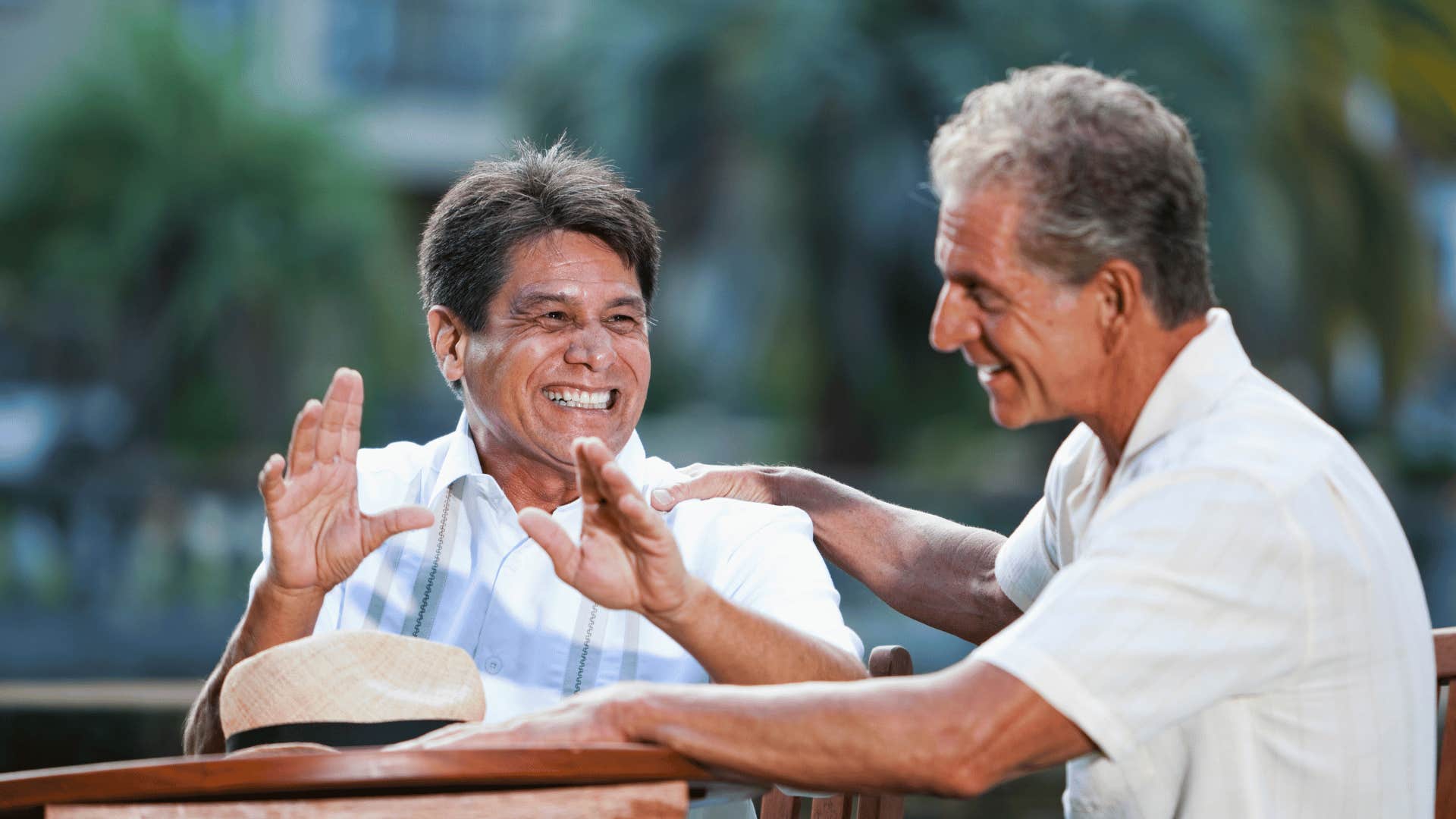 Kali9 from Getty Images via Canva
Kali9 from Getty Images via Canva
Researchers from the Harvard Study of Adult Development discovered that close relationships are what keep us happy and healthy as we get older. “Our relationships and how happy we are in our relationships has a powerful influence on our health,” psychiatrist and study director Robert Waldinger explained.
“Good relationships don’t just protect our bodies; they protect our brains,” he said. “Taking care of your body is important, but tending to your relationships is a form of self-care too.”
People who lose interest in being fake nice as they get older have come to understand that they don't need to be friends with anyone and everyone, they just need to surround themselves with good people who appreciate them for who they really are.
After a while, small talk just doesn’t do it anymore. Older people usually want deeper, more meaningful conversations. They’re more interested in connection than chit-chat.
People often shift toward emotionally satisfying conversations as they age. That’s not to say casual talk is bad. It just doesn’t hold the same weight. When people crave real connection, they stop putting energy into shallow exchanges. They want conversations that matter.
Alexandra Blogier, MFA, is a staff writer who covers psychology, social issues, relationships, self-help topics, and human interest stories.

